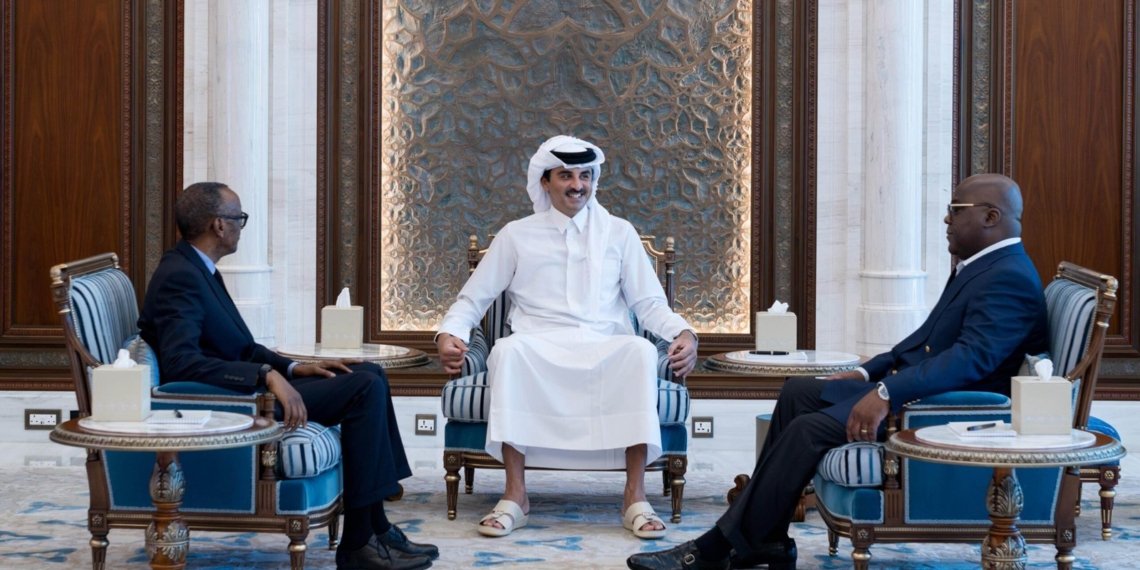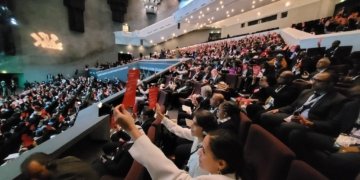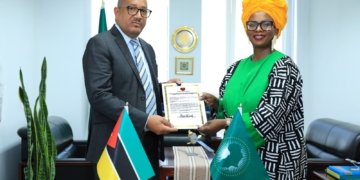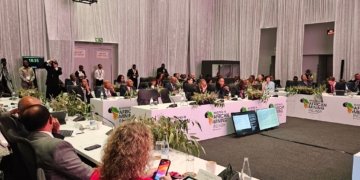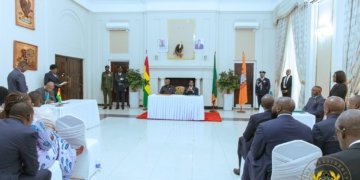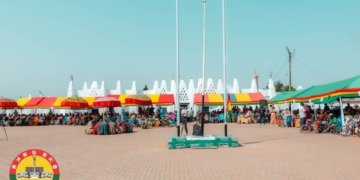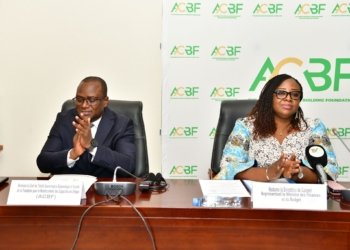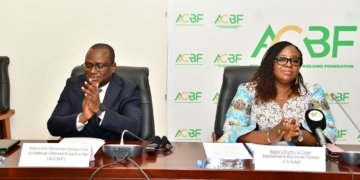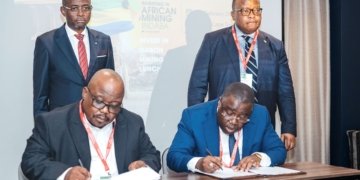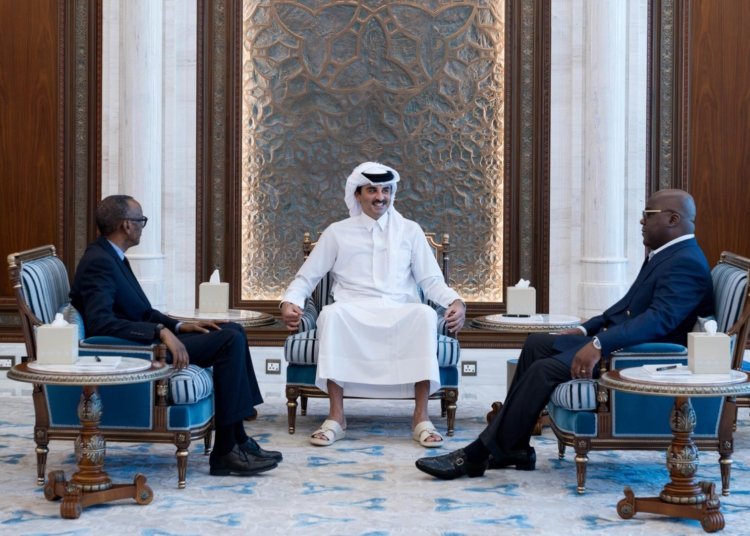DOHA, Qatar (BG) — The leaders of Qatar, Rwanda, and the Democratic Republic of the Congo (DRC) issued a joint statement Tuesday reaffirming their commitment to an immediate ceasefire and a unified peace process aimed at ending longstanding violence in eastern Congo.
“The Heads of State reaffirmed the commitment of all parties to an immediate and unconditional ceasefire as agreed at the said summit,” the statement read.
The trilateral meeting, hosted in Doha by Qatar’s Emir Sheikh Tamim bin Hamad Al Thani and attended by Rwandan President Paul Kagame and DRC’s President Félix Tshisekedi, marked a significant effort toward resolving one of Africa’s most persistent and violent conflicts.
“The Heads of State then agreed on the need to continue the discussions initiated in Doha in order to establish solid foundations for lasting peace as envisioned in the Luanda/Nairobi process, now merged and aligned,” the statement read.
The event follows unsuccessful talks mediated by Angola, demonstrating Qatar’s emerging diplomatic influence in African geopolitics.
Eastern DRC has experienced intense violence and instability for decades, driven largely by conflicts involving numerous armed groups, most notably the M23 rebels.
The Congolese government has repeatedly accused Rwanda of supporting the M23, allegations Rwanda consistently denies.
Previous peace efforts, including recent mediation attempts by Angola, failed to produce lasting solutions, leading to continued humanitarian crises and the displacement of civilians.
In the joint statement, the heads of state welcomed progress from recent discussions within the East African Community (EAC) and the Southern African Development Community (SADC), notably the summit held in Dar es Salaam, Tanzania, last month.
They pledged to align and reinforce both the Luanda and Nairobi peace processes, aiming to consolidate international efforts into a cohesive strategy.
Previously, efforts led by Angola to mediate between Rwanda and the DRC faltered amid mutual distrust and continued skirmishes despite ceasefire agreements.
Analysts now suggest Qatar’s involvement could provide the fresh diplomatic energy required to break the deadlock.
The unified approach may also bolster regional stability, potentially strengthening cooperation between the EAC and the SADC, both crucial players in regional security.
International observers, however, remain cautious.
Experts say the sincerity of commitments from all parties will be tested on the ground, where previous ceasefires have failed to hold.
“The success of these negotiations hinges heavily on mutual trust and sustained international oversight,” said a Nairobi-based analyst specializing in the Great Lakes region, who requested anonymity due to diplomatic sensitivities.
The joint statement also praised Qatar for its mediation role, suggesting a growing acceptance of Doha’s diplomatic initiatives beyond its traditional Middle Eastern sphere of influence.

